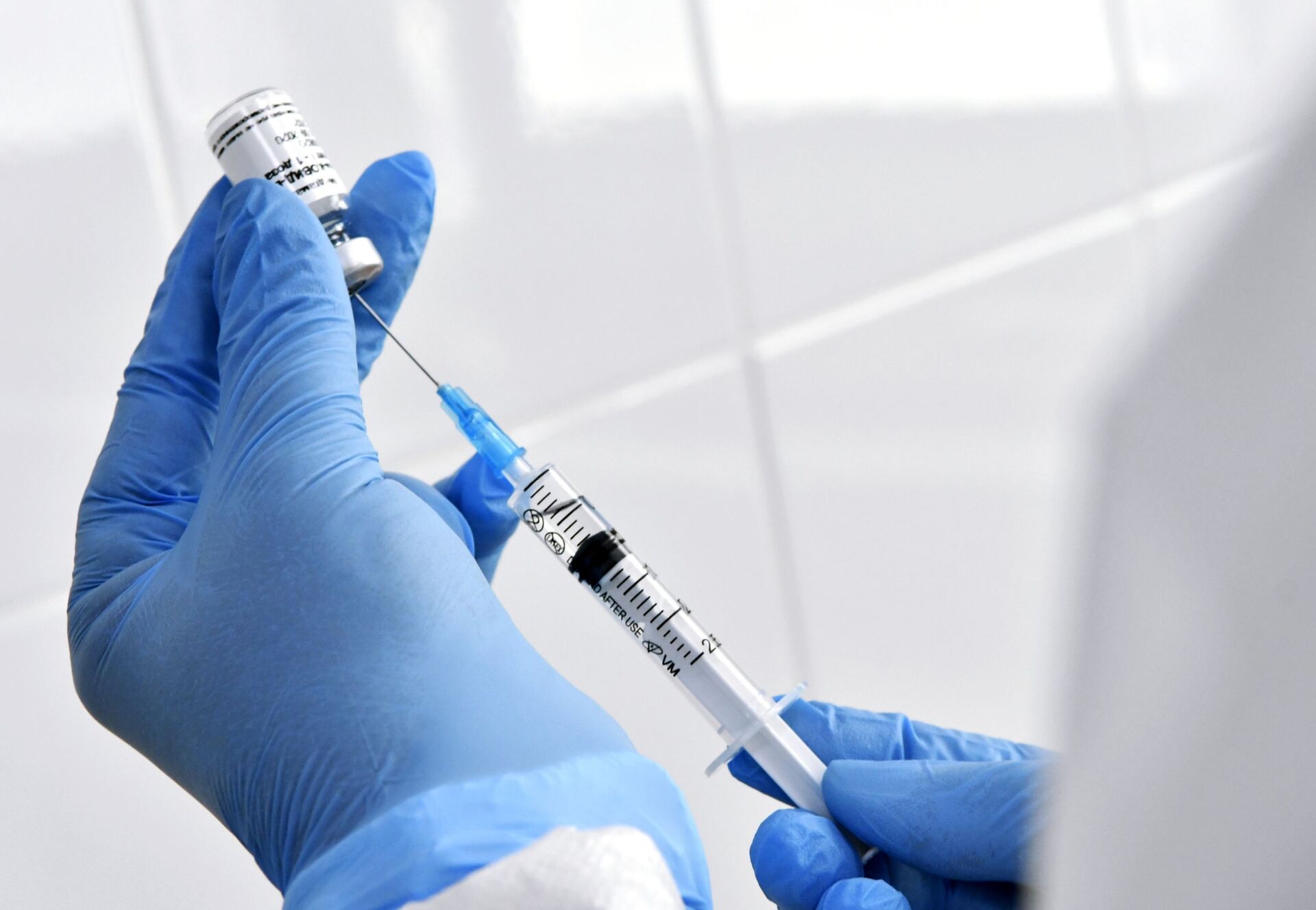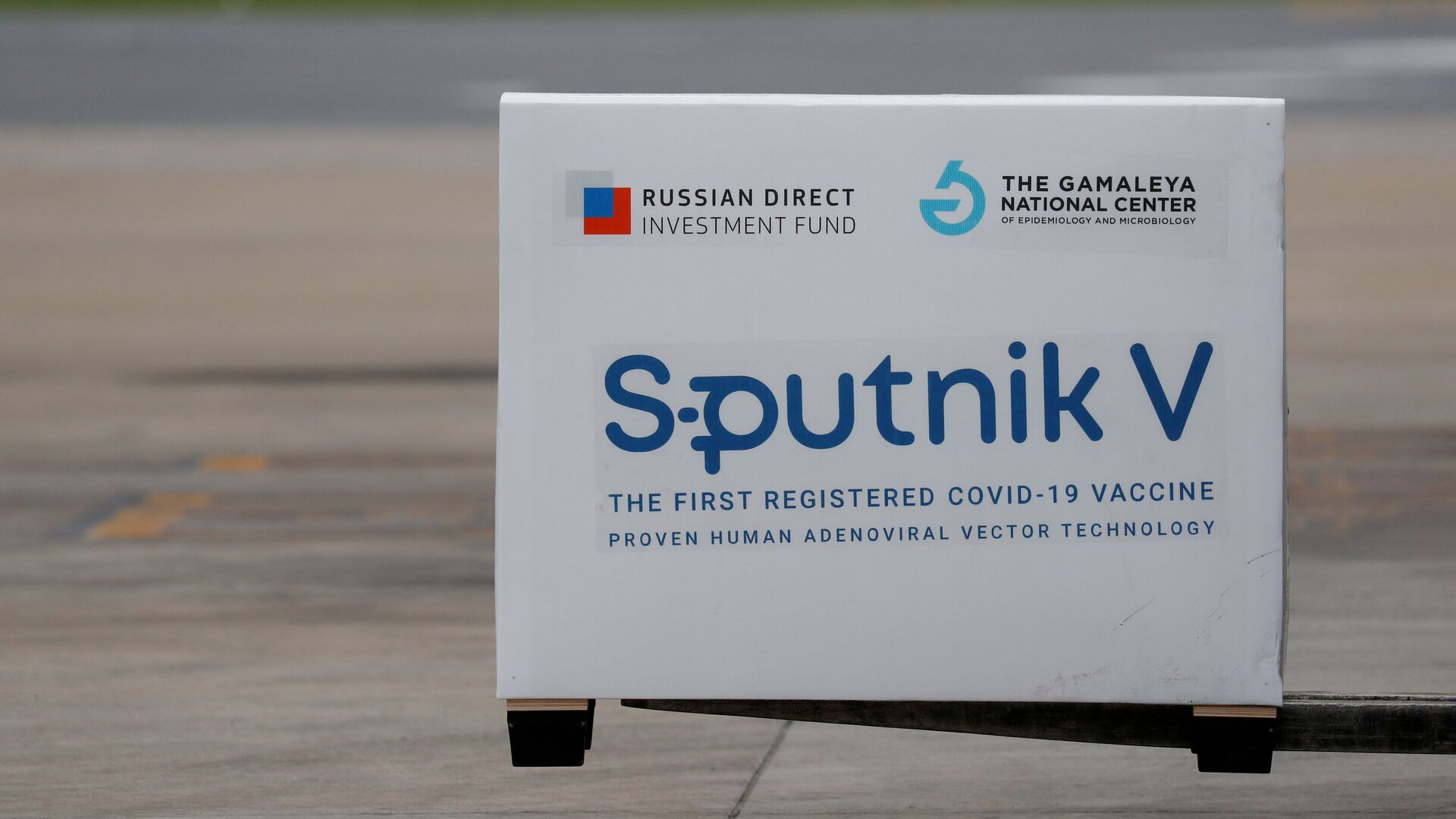There is an information campaign abroad aimed at undermining Russia's achievements in medical sciences, President Vladimir Putin said on Wednesday.
"We are...facing the so-called Russia containment policy. Actually, this has long been a well-known fact. I am not referring to competition, which is natural in international relations, I am talking about a consistent aggressive policy aimed at hampering our development, bringing it to a halt, ... provoking domestic instability and undermining values that unite the Russian society," Putin told the Russian Federal Security Service.
"Some countries are not even trying to conceal their unfriendly approach, as they pursue information campaigns based on conspiracy theories," the Russian President went on to say.
"There is a targeted information campaign against us, with opinionated groundless accusations related to a whole range of issues. They are already resorting to absurd, I would even say anecdotal conspiracy theories. For example, we have recently witnessed attempts to cast discredit on our medical achievements, including in the fight against coronavirus," Putin said.
Earlier this month, Lithuanian Prime Minister Ingrida Šimonytė claimed that the Russian vaccine was "another hybrid weapon [of Moscow] to divide and rule". The official also said that Russian President Vladimir Putin did not intend to use the vaccine to cure Russians.
The Russian Embassy in Lithuania replied by saying that the Sputnik V vaccine has proved its efficacy and was recognised at international level, despite disinformation and biased statements from western countries.

In early February, peer-reviewed medical journal The Lancet published an interim analysis from the Phase III trial of the Russian Sputnik V vaccine, showing its 91.6 percent efficacy against symptomatic COVID-19. Developed by the Gamaleya Epidemiology and Microbiology Centre and registered by the Russian Health Ministry on 11 August 2020, Sputnik V became the world's first vaccine against COVID-19.
Since then, it has been approved by 35 countries, including Belarus, Argentina, Bolivia, Serbia, Algeria, Palestine, Venezuela, Paraguay, Turkmenistan, Hungary, the UAE, Iran, Republic of Guinea, Tunisia, Armenia, Mexico, Nicaragua, Bosnia and Herzegovina’s Republika Srpska, Lebanon, Myanmar, Pakistan, Mongolia, Bahrain, Montenegro, Saint Vincent and the Grenadines, Kazakhstan, Uzbekistan, Gabon, San Marino, Ghana, Kyrgyzstan, and Egypt.


